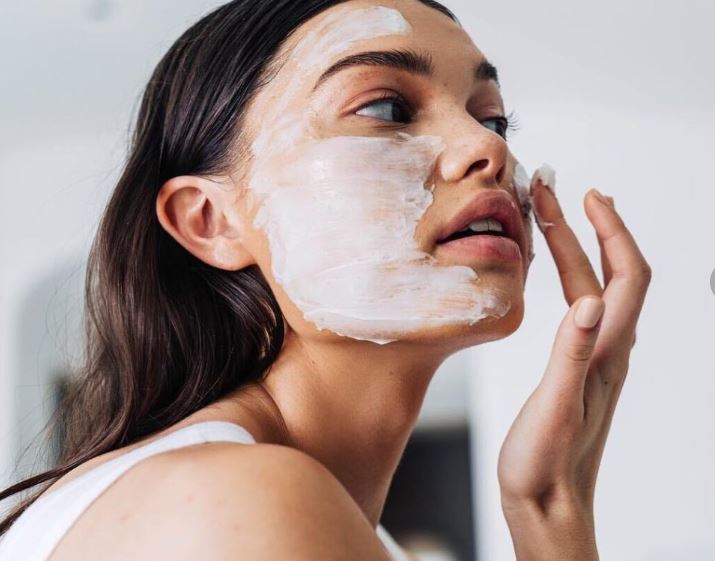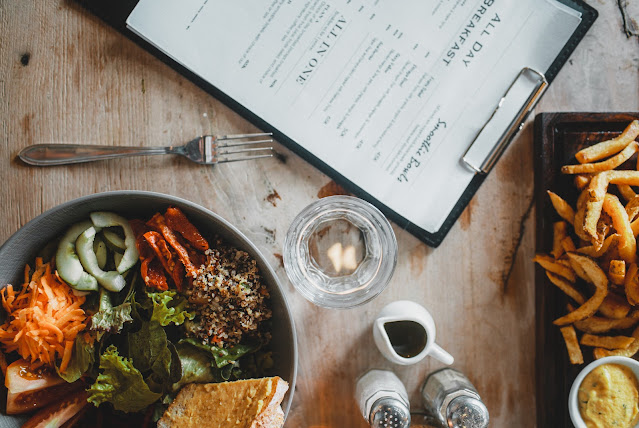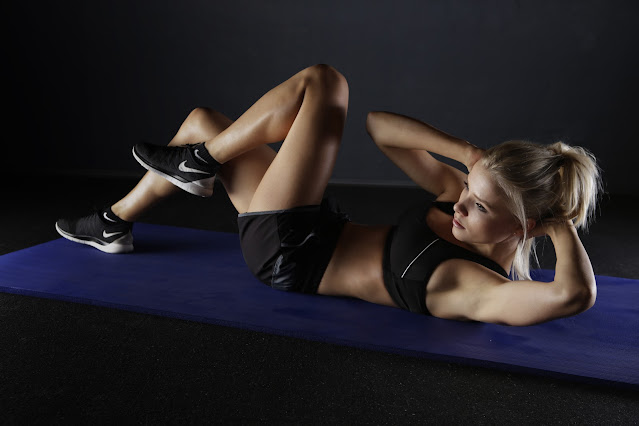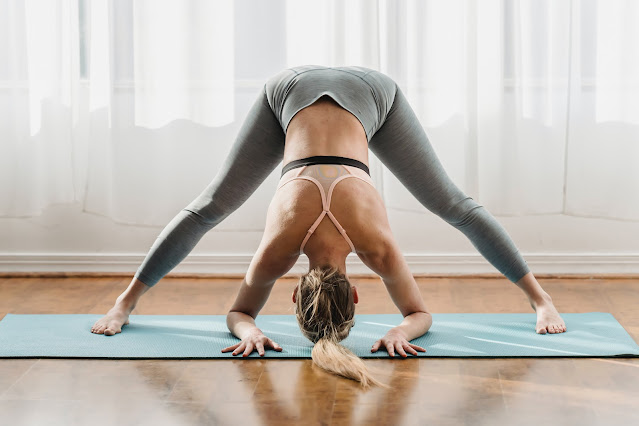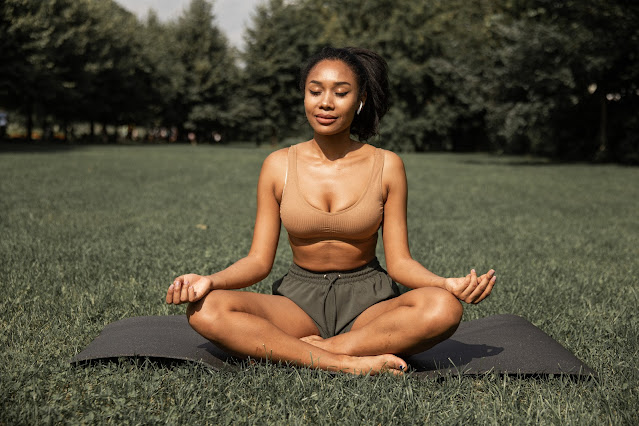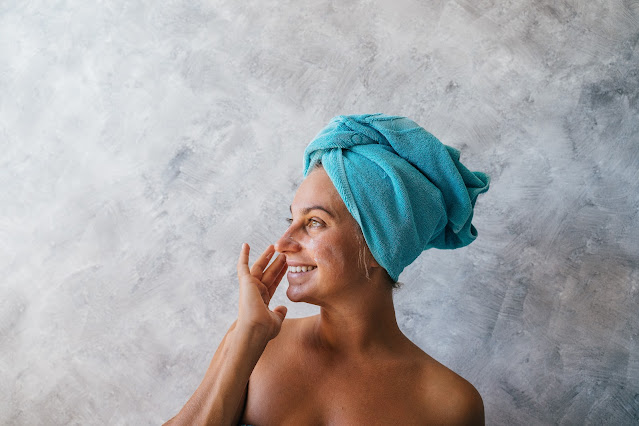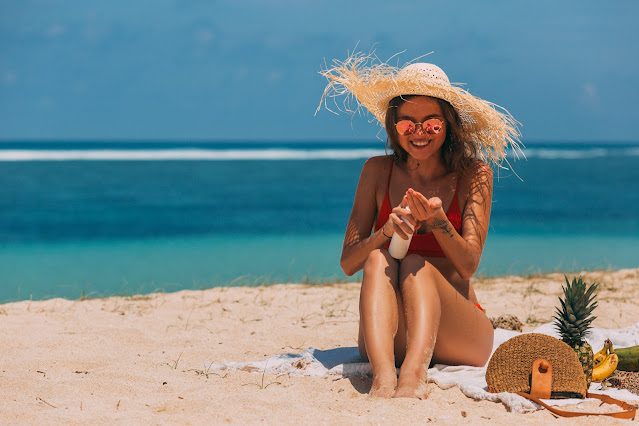Ayurveda is an ancient science that is a reservoir of nature’s essence. Not just natural remedies, but a lifestyle that will help you adopt better lifestyle habits. If you are looking for holistic solutions to your skin problems, we have some Ayurvedic beauty tips for glowing skin to help you glow from within. In this article, we have listed some Ayurvedic cleansing tips and habits that you can incorporate into your skin care routine. Continue reading!
21 Ayurvedic beauty and skin care tips you must try
Ayurvedic lifestyle tips for radiant skin
1. Go to bed early and get up early
In addition to making you healthy and wise, this practice protects your beauty. Too many late nights and too little sleep increases the number of inflammatory cells in your body, which worsens and triggers skin problems like acne and dermatitis. In addition, they disrupt the skin’s moisture system, causing it to dry out and age quickly. You need to follow a proper routine to keep your skin looking younger (1), (2).
2. Do not mix incompatible foods
Food is medicine. But it can become poison if taken in the wrong combination. Avoid these incompatible foods to take care of your skin and health (3):
Milk and fruit: yes. Even if you love your bowl of mixed fruit yogurt, avoid it. Fruit is digested quickly and milk takes time to digest. During the processing time, the fruit coagulates the milk and creates acid.
Milk and meat: Avoid consuming dairy products (including desserts) when eating fish and meat. Fish warms your body while milk cools it. The combination of these opposite foods blocks the vital channels of the body.
Cold drinks after a meal: Avoid iced or cold drinks after meals. This is because the cold suppresses digestive juices and causes stomach problems. This also applies to frozen yogurt and ice cream after (or before) meals.
Ghee and honey: Both, when taken together, react with digestive acids in the body, producing toxic byproducts that can reportedly cause rheumatic, neurological, and skin-related problems.
3. Drink the tea
It is important to stay hydrated throughout the day. Drink water and sip herbal tea in between. Make tea with herbs like chamomile, ginger or lemon and drink it in the afternoon to keep your digestion healthy (4). And a healthy digestive system is crucial for glowing skin.
YOU MAY LIKE: 10+ TOP CHARCOAL PEEL OFF MASKS FOR GLOWING SKIN
4. Eat vegetables with high water content
Vegetables with high water content are easily digested. Vegetables like carrot, radish, lettuce, asparagus and fennel tips, and cucumber are beneficial for all skin types. These are worshiped as purifiers. Boil them or dice them and make a salad. Always combine at least 3-5 vegetables in some form to keep your skin healthy (5)(6).
5. Exercise
Not only is it good for the heart and lungs, but it is also the key to beautiful, glowing skin. Exercise stimulates blood circulation and regulates the metabolism of the skin to keep it healthy and young. This makes your skin glow from the inside (7).
6. Do breathing exercises
More than physical stress, mental stress can negatively impact skin health. Controlled breathing exercises are a great way to reduce stress and calm your mind. Do a simple breathing exercise before bed. Inhale and fill your stomach with air. Then let rise. Fill your lungs, then exhale slowly in reverse order. Follow this 5-20 minutes before bedtime or at any time of the day (8).
7. Meditate
You may be wondering how this can make your skin beautiful and glowing. Well, meditation helps calm the mind. When your mind is at rest, positive or “chi” energy flows through your body, flooding your cells with life energies. This not only reduces stress but also rejuvenates the skin (9).
8. Hydrate your skin
Keeping the skin hydrated and hydrated is essential. In addition to drinking enough water, you can enjoy oil massages. The oil massage or Abhyanga is an essential part of the Ayurvedic skin care routine. Massaging your skin with herbal oils not only relaxes your muscles and tissues, but also promotes blood circulation. It also keeps dry skin at bay (10). For best results, massage your skin with oil just before application to allow time to rejuvenate and soak up the benefits of the oil. You can try self-massage or visit a spa for an oil massage.
9. Eat seeds and nuts
Seeds and nuts aren’t just for birds. In fact, adding them to your regular diet will keep your skin healthy. They contain healthy fats that are good for both the cardiovascular system and the skin (11). They also contain omega-3 fatty acids and fiber. Consume sunflower seeds, almonds, pistachios and flax seeds regularly for glowing skin
10. Reduce your sugar and salt intake
A high salt intake affects blood pressure, which in turn increases the risk of cardiovascular disease. Additionally, too much sugar and salt can affect overall skin health, cause acne, and trigger allergic reactions (atopic dermatitis) (12), (13). These two compounds keep the skin supple, tight and wrinkle-free.
11. Protect your skin from excessive sun exposure
Too much of anything is bad for you. Although a little sun exposure is necessary to get your skin’s daily dose of vitamin D, overexposure can be damaging to the skin. UV rays can cause tanning, sunburn, hyperpigmentation and wrinkles (14). If you go out, don’t forget to put on sunscreen. Use an umbrella, hat or scarf to protect your skin. In addition to improving your lifestyle, you should stop smearing your skin with chemicals on a daily basis. Instead, switch to natural ingredients and remedies to keep it healthy. You can easily find these ingredients in your kitchen or refrigerator. Let’s take a look at some.
12. Orange to improve your complexion
Orange peel contains vitamin C and antioxidants that keep skin clear and glowing (15). It is the perfect ingredient to make the Ayurvedic mask for oily skin. It also reduces acne breakouts. Dry the orange peels in the sun and dust them to use on the skin
Sources
Articles on StyleCraze are backed by verified information from peer-reviewed and academic research papers, reputed organizations, research institutions, and medical associations to ensure accuracy and relevance. Read our editorial policy to learn more.
- 1. Sleep loss and inflammation
- https://www.sciencedirect.com/science/article/abs/pii/S1521690X10001144
- 2. The Effects of Sleep Deprivation on the Biophysical Properties of Facial Skin
- https://www.scirp.org/journal/paperinformation.aspx?paperid=74581
- 3. Viruddha Ahara: A critical view
- https://www.ncbi.nlm.nih.gov/pmc/articles/PMC3665091/
- 4. Review on herbal teas
- https://www.researchgate.net/publication/287478165_Review_on_herbal_teas
- 5. Dietary water affects human skin hydration and biomechanics
- https://www.ncbi.nlm.nih.gov/labs/pmc/articles/PMC4529263/
- 6. Contribution of Water from Food and Fluids to Total Water Intake: Analysis of a French and UK Population Surveys
- https://www.ncbi.nlm.nih.gov/labs/pmc/articles/PMC5084017/
- 7. Exercise-stimulated interleukin-15 is controlled by AMPK and regulates skin metabolism and aging
- https://www.ncbi.nlm.nih.gov/labs/pmc/articles/PMC4531076/
- 8. Effect of Modified Slow Breathing Exercise on Perceived Stress and Basal Cardiovascular Parameters
- https://www.ncbi.nlm.nih.gov/pmc/articles/PMC5769199/
- 9. Stress And Skin: An Overview of Mind Body Therapies As a Treatment Strategy In Dermatology
- https://www.dpcj.org/index.php/dpc/article/view/dermatol-pract-concept-articleid-dp1104a091
- 10. Abhyanga – A Conceptualized Study
- http://www.iamj.in/posts/2018/images/upload/2540_2546.pdf
- 11. Plant-Based Foods for Skin Health: A Narrative Review
- https://www.sciencedirect.com/science/article/pii/S2212267221014337
- 12. Diet And Dermatology
- https://www.ncbi.nlm.nih.gov/labs/pmc/articles/PMC4106357/
- 13. Processed Food and Atopic Dermatitis: A Pooled Analysis of Three Cross-Sectional Studies in Chinese Adults
- https://www.ncbi.nlm.nih.gov/labs/pmc/articles/PMC8685501/
- 14. UV Radiation and the Skin
- https://www.ncbi.nlm.nih.gov/labs/pmc/articles/PMC3709783/
- 15. Evaluation of Skin Anti-aging Potential of Citrus reticulata Blanco Peel
- https://www.ncbi.nlm.nih.gov/pmc/articles/PMC4908842/

